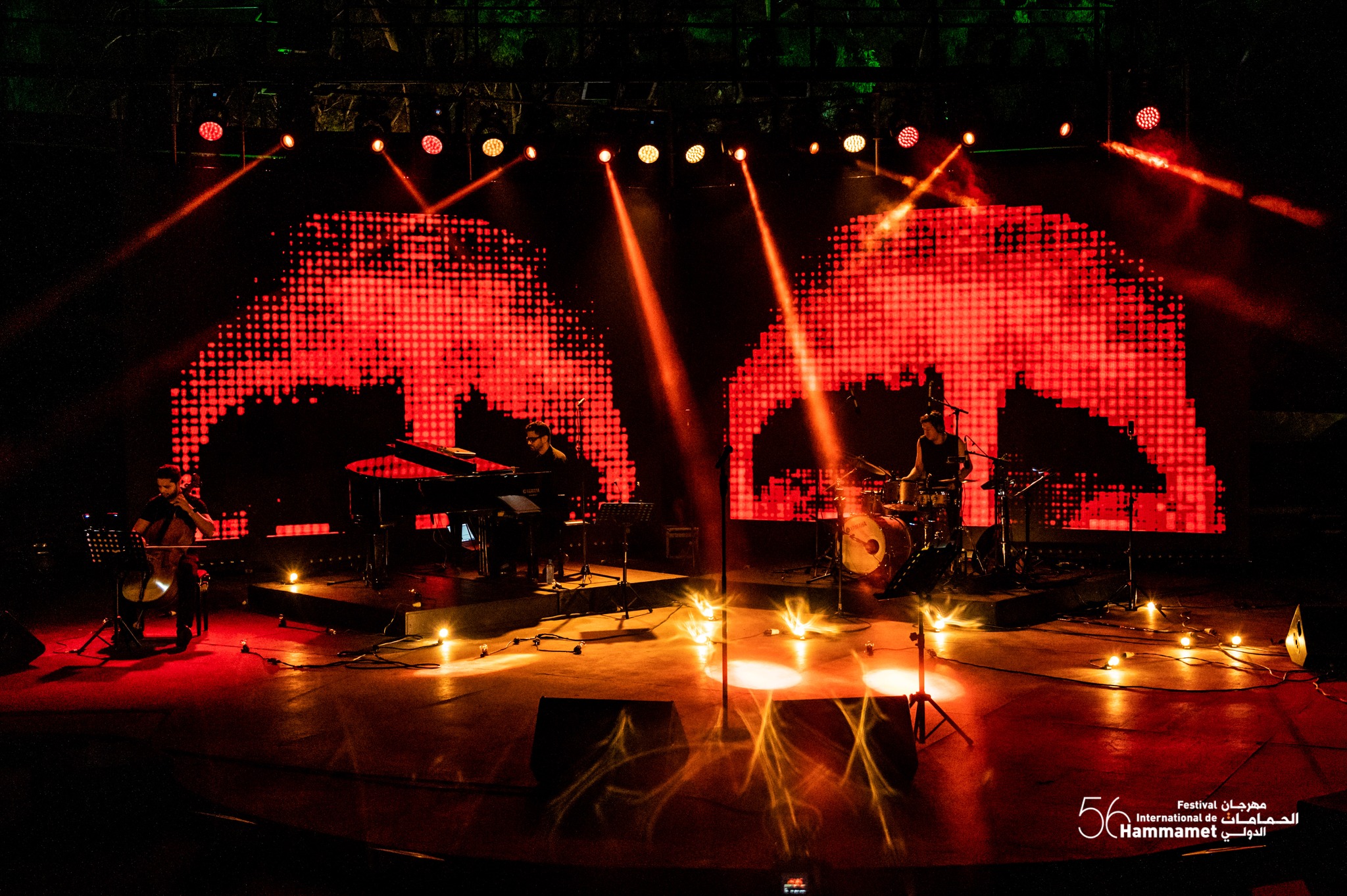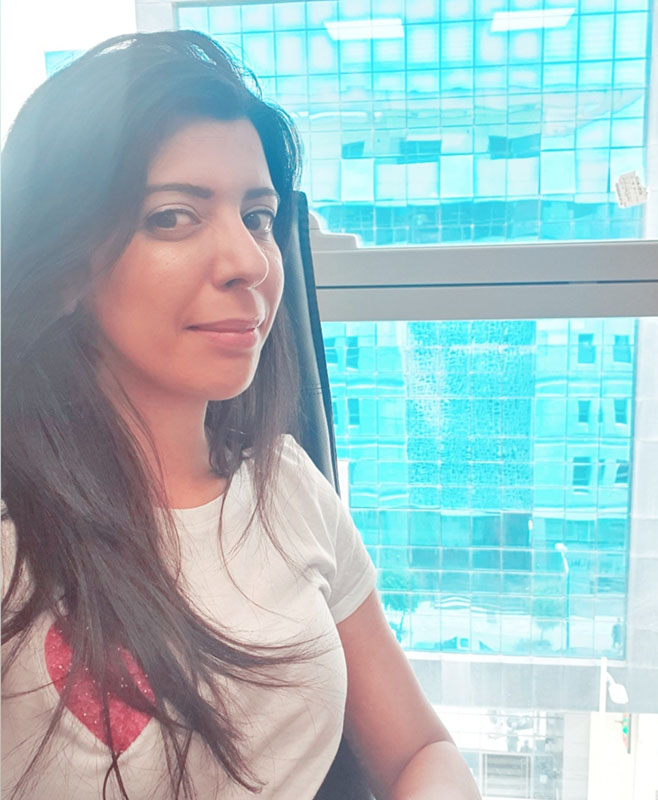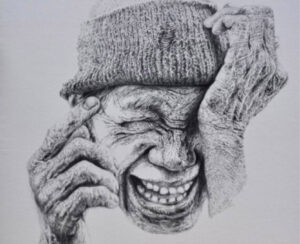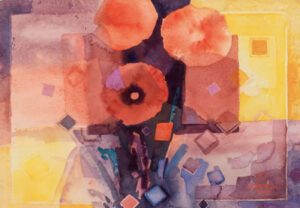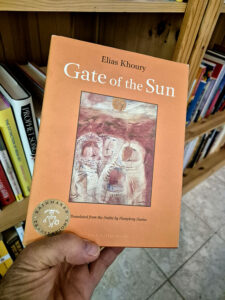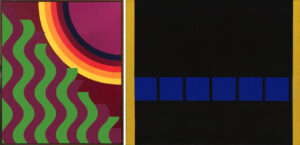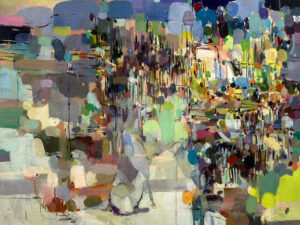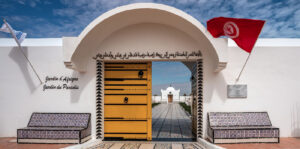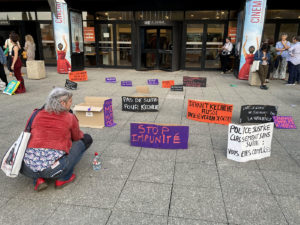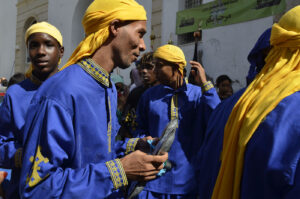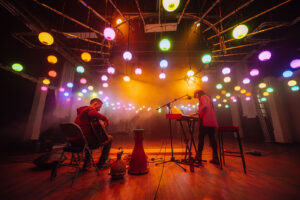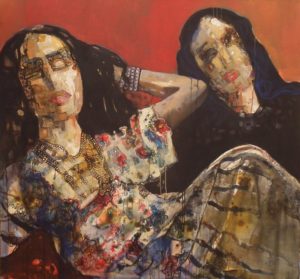In which Sarah Ben Hamadi meets a key figure of Tunisia’s cultural underground.
Sarah Ben Hamadi
Among the most acclaimed DJs on Tunisia’s underground scene, DJ Benjemy melds piano, electro, oriental percussions and poetic texts. He is at the same time an author-composer preparing a doctoral these in modern literature. Benjemy, whose real name is Ahmed Ben Jemia, is an artist with multiple facets.
Benjemy fell in love with music at a very young age. “It is these encounters that fueled my love for music,” he confides. His cousin made him listen to The Prodigy (a British electronic music group) at the age of eight. “I was smitten, literally. It was certainly my first encounter with music.” New discoveries followed, among others thanks to his mother: “She made me listen to Stevie Wonder and Charles Aznavour every morning, while going to school,” he remembers, “and that must have nourished in me a love for music.”
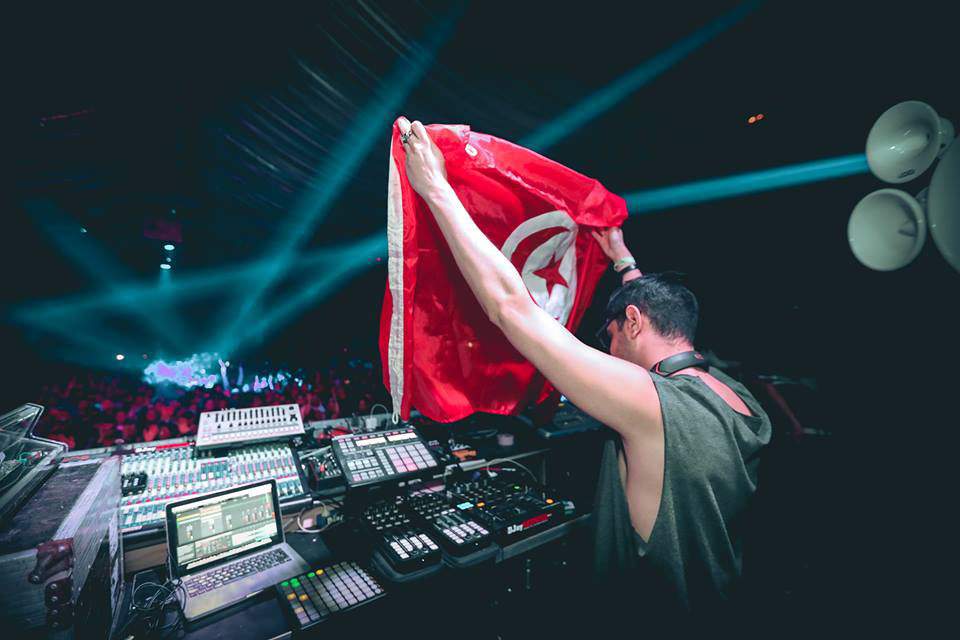
From a childhood bathed in multiple influences, you can feel it in his music today. “It’s a bit of a cliché to say that I listen to everything, but I can assure you that I have no problem waking up to Booba and sleeping to Wagner. And that range of styles, as varied as it may be, certainly has an impact on my music.”
And as a matter of fact, Benjemy’s music is unclassifiable. His show “Sinouj,” for instance, is an eclectic instrumental fusion between popular and Sufi music. First started in solo with an original performance in an abandoned mine in Djerissa (northwest Tunisia), he enriched it by inviting artists of different genres, thus giving way to a performance as original as it is bewitching.
For his first album released in 2020, Incipit, he multiplied the collaborations by exploring different genres and universes. We find among others, a beautiful number in “Kont Ghalet” (“I was wrong”), with the rapper Kaso. “The main idea was to move between different musical genres,” he explains. “Rap has often been a music in my life and the idea of inviting a rapper on my record seemed to be essential.”
In the summer of 2022, Benjemy presented his new album Sueurs chaudes (“Hot Sweat”) on the stage of the prestigious festival of Hammamet. “To participate in a festival that is more than 50 years old, to be at the side of Marcel Khalifa or Lotfi Bouchnak, is above all an honor for me” Benjemy declares with pride, while confessing to anxiety before the show. “I admit that the weeks before the concert were quite stressful, but I really had the chance to work with a very talented team. It makes the work easier.”
On the open-air stage of the Roman amphitheater overlooking the gulf of the coastal city of Hammamet, and in front of nearly 1,000 people, Benjemy dropped his show; a futuristic sound odyssey in 13 parts, taking place in 2089. With a hybrid format, including video and text, he transported a mostly young audience — Tunisians who came to attend a sound escapade out of time.
Aware that his success in the clubs reinforces far more his image as a DJ than that of author-composer and musician, the 33-year-old artist hopes that this performance will contribute to change the perception. “People sometimes confuse my work as a DJ and my creations as a composer. I prefer to separate them, honestly … I hope that this concert has allowed people to question the clichés that can be made of electronic music in Tunisia; that beyond clubbing, electronic music can offer much more: a narrative, an immersion.”
An immersion not only musical, but also literary. A doctoral student in modern literature, Benjemy has been working on the French playwright, essayist and poet Antonin Artaud. Drawn to his text “Pour en finir avec le jugement de Dieu,” the artist felt “that there was a possible breach; something to discover.” Intrigued by this character, who is both “fascinating and a bit of a cursed child,” he worked on it during his artistic stay at the Centre Intermondes in La Rochelle, France. The result is a musical and literary show entitled “En chair et en sons” (In the flesh and sound), which traces the path of a poet who can only exist through creation.
With his musical creations, Benjemy succeeds in associating the two universes that animate him. “I always keep a link with literature through the shows that I create. It’s very important for me to renew with literature under a new form,” he affirms. “These attempts are for me a way to bring to life a certain literature that I am passionate about — not to popularize it per se, but to give it an accessible molding and make it more contemporary.”
Alternating traditional and electronic music, mixing poetry and techno, with texts in Arabic and French, weaving music and visual arts, Benjemy never ceases to innovate in his creations, and to make his music evolve. “It’s not always easy to find the perfect mix. The coherence, when one uses diverse and varied elements, is not simple but I try anyway. I think that beyond that, whether I use Chaâbi, Sufi music, Mezwed (Tunisian folklore), or techno, he who lends an ear will always be able to detect the fine line that energizes all my music,” he explains.
More and more in demand at home and abroad, the musician hasn’t given in to the temptation to leave his country, despite the wave of departures of young people that Tunisia is undergoing in a difficult economic and political climate. “The project of settling elsewhere has never really charmed me,” he says. “I think I have too many ties here, and besides, my job allows me to travel more and more. It’s kind of the ideal for me; to be able to share my music all over the place while keeping a foot here.”



